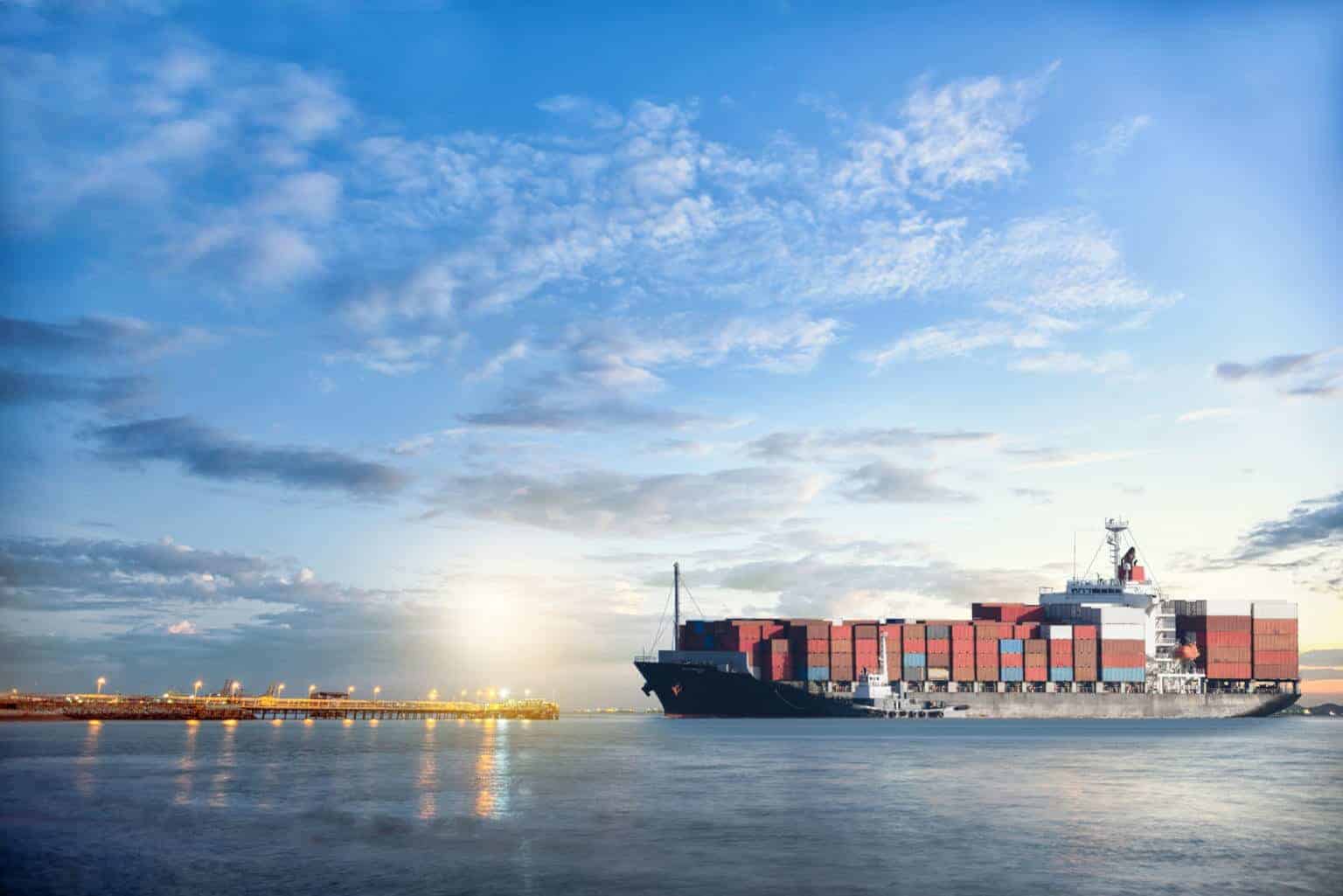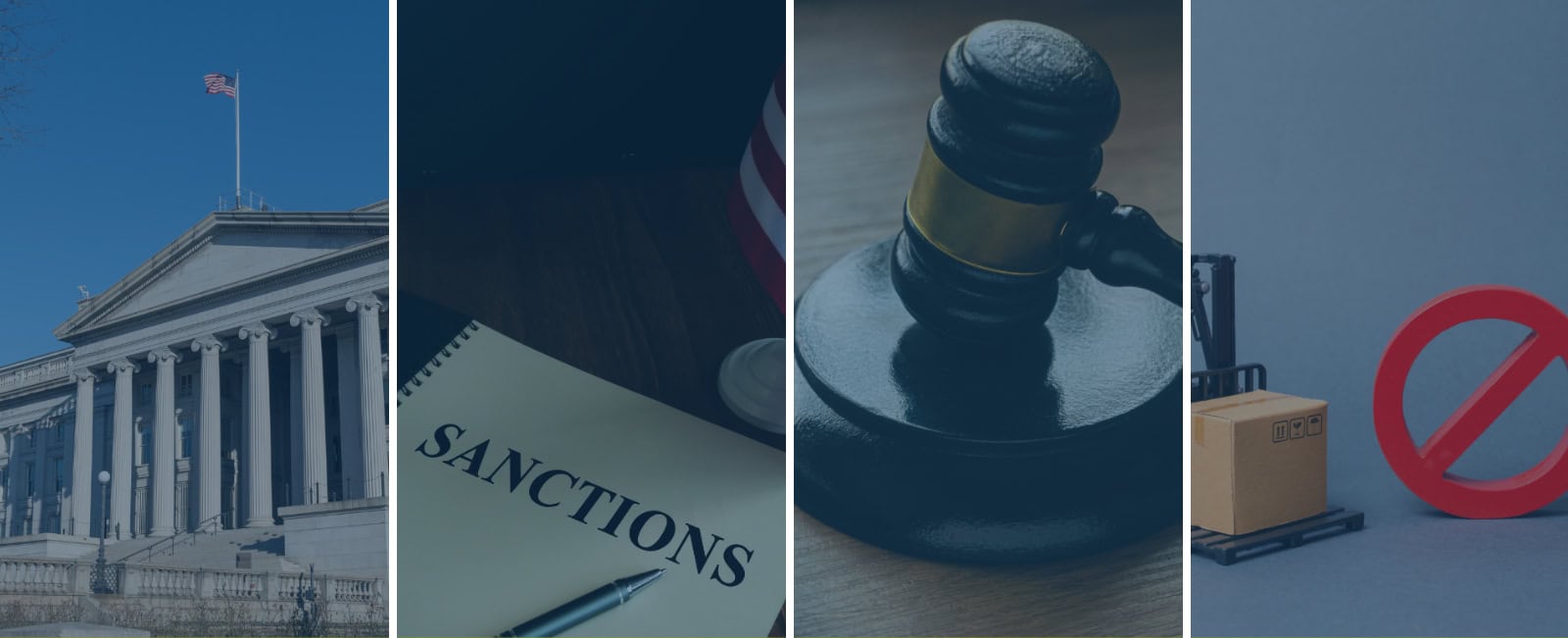Final Rule revises the CCL and corresponding parts of EAR to implement changes made to the Wassenaar Agreement List of Dual-Use Goods and Technologies
The final rule explains that the Wassenaar Arrangement advocates implementation of effective export controls on strategic items with the objective of improving regional and international security and stability. The final rule harmonizes the CCL with the agreements reached at the 2016 plenary meeting by revising Export Control Classification Numbers controlled for national security reasons in each category of the CCL, as well as making other associated changes to the EAR.
Revisions to the Commerce Control List Related to WA 2016 Plenary Agreements Revises (50) ECCNs:
- 1A004, 1A007, 1B001, 1C007, 1C608, 1E001, 1E002, 2A001, 2B001, 2B005, 2B991, 2D992, 2E003, 3A001, 3A002, 3A991, 3B001, 3C001, 3E001, 3E002, 3E003, 4A003, 4D001, 4D993, 5A001, 5B001, 5E001, 5A002, 5A003, 5D002, 5E002, 6A001, 6A003, 6A005, 6A008, 6D003, 6E003, 7D003, 7D004, 7E001, 7E003, 7E004, 8A002, 8C001, 9A001, 9A004, 9A515, 9B002, 9B009 and 9E003.License Exception eligibility additions: 3A001.b.12 to LVS, and 3A001.a.14 to GBS.License Exception eligibility expansion: TSR and STA for ECCNs 4D001 and 4E001Source
BIS Implements SNAP-R Updates
- BIS has introduced the first in a series of updates to the Single Network Application Process – Redesign (SNAP-R), BIS’s electronic system for the submission of license applications, commodity classification requests, License Exception AGR notifications and License Exception STA eligibility requests. This batch of updates includes the following:
- BIS is introducing security questions to SNAP-R to allow individual SNAP-R users to reset their passwords and login IDs and to receive a reminder of their company identification number (CIN), by themselves, without having to request assistance from either company SNAP-R account administrators or BIS;
- SNAP-R account holders who have set up security questions and who remember their login ID and CIN will be able to reset forgotten passwords remotely;
- SNAP-R account holders who have set up security questions and who remember their CIN will be able to request and receive their login ID remotely;
- SNAP-R account holders who have set up security questions and who remember their login ID will be able to request and receive their CIN remotely;
- SNAP-R account holders are no longer limited to the previously required format (i.e., AAA####) for Work Item reference numbers;
- When listing the information for an export item on a license application, SNAP-R account holders can now choose to calculate the value of the item by multiplying the unit value by the quantity of items or to enter the total price of the item independent of the item’s quantity and unit value.
Importers of Siluriformes Fish to meet FSIS requirement
- The Food Safety and Inspection Service (FSIS) is announcing that starting August 2, 2017, all shipments of imported Siluriformes fish and fish products that make U.S. Customs entry on or after August 2, 2017, must be presented at an Official Import Inspection Establishment for reinspection by FSIS personnel prior to entering U.S. commerce.Source
Effective July 7th BIS Amends EAR to Reflect Changes to MTCR Annex
- This final rule revises thirteen Export Control Classification Numbers (ECCNs), adds one ECCN, revises two EAR defined terms (including making other EAR conforming changes for the use of these two terms) and makes conforming EAR changes where needed to implement the changes that were agreed to at the meetings (MTCR member countries at the October 2016 Plenary in Busan, South Korea, and the March 2016 Technical Experts Meeting (TEM) in Luxembourg City, Luxembourg) and to better align the missile technology (MT) controls on the Commerce Control List (CCL) with the MTCR Annex.Source
CIT: Tariff classification of “LED candles”
Facts:
The merchandise at issue consists of various models of what Gerson terms “candles” and “tea lights. Each of these articles is comprised principally of translucent wax or plastic and is made to resemble a style of an ordinary candle (such as a votive, pillar, taper, or tea light). Instead of providing illumination by means of a wick and the combustion of candle wax, as does an ordinary candle, each of these articles provides illumination by means of an internal semiconductor that is a “light-emitting diode,” or “LED,” powered by a battery contained within the article. The importer claimed that the proper classification was under subheading 8543.70.70 HTSUS for “Electric luminescent lamps” subject to customs duty at 2% or alternatively under subheading 8541.40.20 HTSUS for “light-emitting diodes” that would be duty-free.
Conclusion:
U.S. Court of International Trade gave the decision that the merchandise at issue is properly classified in subheading 9405.40.80, HTSUS (“Lamps and lighting fittings including searchlights and spotlights and parts thereof, not elsewhere specified or included; . . . : Other electric lamps and lighting fittings: Other”), subject to duty at 3.9% ad val.
Tariff Engineering on Imports of Motor Vehicles
Facts:
Ford manufactures the Transit Connect 6/7s a multipurpose vehicle manufactured in Turkey and imports them into the United States. Although these vehicles are made to order and are ordered as cargo vans, Ford manufactures and imports them with a second-row seat, declaring the vehicles as passenger vehicles subject to subheading 8703.23.00 and a 2.5% duty. After clearing customs but before leaving the port, Ford (via a subcontractor) removes the second-row seat and makes other changes, delivering the vehicle as a cargo van. Defendant United States (“Defendant” or “United States”) determined that the inclusion of the second-row seat is an improper artifice or disguise masking the true nature of the vehicle at importation and that such vehicle is properly classified under subheading 8704.31.00 and subject to a 25% duty. Ford contends that this is legitimate tariff engineering.
Analysis:
because heading 8703 is not controlled by use, and an assessment of intended use is not necessary to distinguish heading 8703 from 8704, the court finds it unnecessary to consider principal or intended use, or the Carborundum factors, to define the tariff terms. Additionally, use of the Transit Connect 6/7 does not “define [its] identity” for the purpose of determining whether it fits within the scope of heading 8703. the court must, as it has, consider the structural and auxiliary design features of the vehicles as imported. Pursuant to that analysis, the court finds that the Transit Connect 6/7 is “principally designed for the transport of persons.
Conclusion:
The trade court granted the car manufacturer’s motion for summary judgment, finding that the imports were properly classified under the Harmonized Tariff Schedule of the United States (HTSUS) as “motor cars and other motor vehicles principally designed for the transport of persons” and subject to customs duty of 2.5% (instead of the 25% rate of customs duty imposed on “motor vehicles for the transport of goods”).
CASE STUDIES
COSL Singapore Ltd. Agrees to $415,350 Settlement with OFAC
Facts:
Between on or about October 7, 2011 to on or about February 20, 2013, COSL Singapore Ltd. violated § 560.203 and §560.204 of the Iranian Transactions and Sanctions Regulations, 31 C.F.R. Part 560 (ITSR) when, through its subsidiary companies, it exported or attempted to export 55 orders of oil rig supplies from the United States to Singapore and the United Arab Emirates , and then re-exported or attempted to re-export these supplies to four separate oil rigs located in Iranian territorial waters.
Conclusion:
OFAC determined that COSL Singapore did not voluntarily self-disclose the apparent violations to OFAC, and that the apparent violations constitute a non-egregious case. OFAC announced
a $415,350 settlement with COSL Singapore to settle its potential civil liability.
Blue Sky Blue Sea, Inc., doing business as American Export Lines and International Shipping Company (USA), OFAC Settlement
Facts:
Between on or about April 25, 2010 and on or about June 2, 2012, Blue Sky Blue Sea, Inc., doing business as American Export Lines and International Shipping Company (USA) (collectively referred to as “AEL”) appears to have violated §560.204 of the Iranian Transactions and Sanctions Regulations, 31 C.F.R. Part 560 (“ITSR”) by transshipping used and junked cars and parts from the United States via Iran to Afghanistan on 140 occasions.
Conclusion:
OFAC determined that AEL did not voluntarily self-disclose the apparent violations, and that the apparent violations constitute a non-egregious case. OFAC announced a $518,063 settlement, to settle AEL’s potential civil liability for 140 apparent violations of the ITSR.
IPSA International Services, Inc. Settles Potential Civil Liability for Apparent Violations of the Iranian Transactions and Sanctions Regulations
Facts:
The violations involve, on 44 separate occasions, IPSA’s importation of Iranian-origin services into the United States in apparent violation of § 560.201 of the ITSR, and on 28 separate occasions, IPSA’s engagement in transactions or dealings related to Iranian-origin services by approving and facilitating its foreign subsidiaries’ payments to providers of Iranian origin services in apparent violation of §§ 560.206 and 560.208 of the ITSR.
OFAC determined that IPSA did not voluntarily disclose the apparent violations, and that the apparent violations constitute a non-egregious case. The total transaction value of the apparent violations was $290,784. The statutory maximum civil penalty amount in this case was $18,000,000, and the base civil penalty amount was $720,000.
Conclusion:
IPSA International Services, Inc. (IPSA), Phoenix, Arizona, has agreed to pay $259,200 to settle its potential civil liability for 72 apparent violations of the Iranian Transactions and Sanctions Regulations, 31 C.F.R. part 560 (ITSR).
OFAC Reaches $12 million Settlement Agreement with CSC Global Limited and CSC Trans Pte. Ltd.
Facts:
Between June, 2012, and on or about March 2013, TransTel caused at least six separate financial institutions to engage in the unauthorized exportation or re-exportation of financial services from the United States to Iran, a prohibition of § 560.204 of the ITSR, by originating 104 U.S. Dollar wire transfers involving Iran and totaling more than $11,000,000 through the United States. OFAC determined that TransTel did not voluntarily self-disclose the apparent violations to OFAC, and that the apparent violations constitute an egregious case.
Conclusion:
OFAC has announced that CSE TransTel Pte. Ltd. (“TransTel”), a wholly-owned subsidiary of the international technology group CSE Global Limited, both of which are located in Singapore, has agreed to pay $12,027,066 to settle its potential civil liability for 104 apparent violations of the International Emergency Economic Powers Act and the Iranian Transactions and Sanctions Regulations, 31 C.F.R. Part 560 (ITSR).
ExxonMobil Fined $2 Million for Ukraine/Russia Sanctions Violations
Facts:
Between on or about May 14, 2014 and on or about May 23, 2014, ExxonMobil violated§ 589.201 of the Ukraine Related Sanctions Regulations when the presidents of its U.S. subsidiaries dealt in services of an individual whose property and interests in property were blocked, namely, by signing eight legal documents related to oil and gas projects in Russia with Igor Sechin, the President of Rosneft OAO, 1 and an individual identified on OF AC’s List of Specially Designated Nationals and Blocked Persons (the “SDN List”) (referred to hereinafter as an “SDN”).
Conclusion:
ExxonMobil Corp., of lrving, Texas, including its U.S. subsidiaries ExxonMobil Development Company and ExxonMobil Oil Corp. (collectively, “ExxonMobil”), has been assessed a civil monetary penalty of $2,000,000 for violations of the Ukraine-Related Sanctions Regulations, 31 C.F.R. part 589 (Ukraine-Related Sanctions Regulations).


